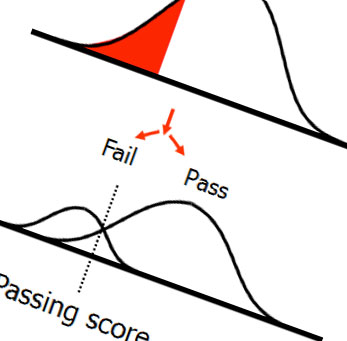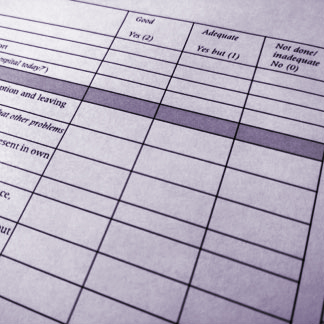Welcome to the Structured Clinical Examination Examiner Guide
 Welcome to the Medical Schools Council Assessment Alliance (MSCAA) Structured Clinical Examination Training Guide for Examiners. The aim of this guide is to assist, train and support the examiners in their preparation for the assessment day.
Welcome to the Medical Schools Council Assessment Alliance (MSCAA) Structured Clinical Examination Training Guide for Examiners. The aim of this guide is to assist, train and support the examiners in their preparation for the assessment day.
The MSCAA highlighted the importance of examiner training and the merit of sharing good practice to improve consistency and standards. A number of medical schools within the UK shared examples of their local training materials which we have reviewed to create this training guide.
We hope you find this guide useful as a supplement to your local training courses and materials. It is set out in the form of six easily digestible ‘stations’ to aid learning. You can dip in and out of the various stations or work your way through them systematically.

Station 1: Why Train Examiners?
Without examiners we have no exams! Examiners are a crucial fundamental resource to the medical schools.

Station 2: Background
The General Medical Council provide advice to medical schools regarding assessment processes to ensure that all schools meet Quality Assurance in Basic Medical Education.

Station 3: The Examiner
Many medical schools provide face-to-face or online examiner training materials prior to the exam, to allow new examiners to familiarise themselves with the assessment procedures before attending.

Station 4: The Pass Mark
"In its most essential form, standard setting refers to the process of establishing one or more cut scores on a test"

Station 5: Selecting a Global Score
Within the UK, Medical Schools use a variety of scales to rate the candidate’s overall performance at the structured clinical examination.

Station 6: FAQs
What do I do if the equipment doesn’t work or breaks? What do I do if the candidate doesn’t know how to work the equipment, for example, the ophthalmoscope?
